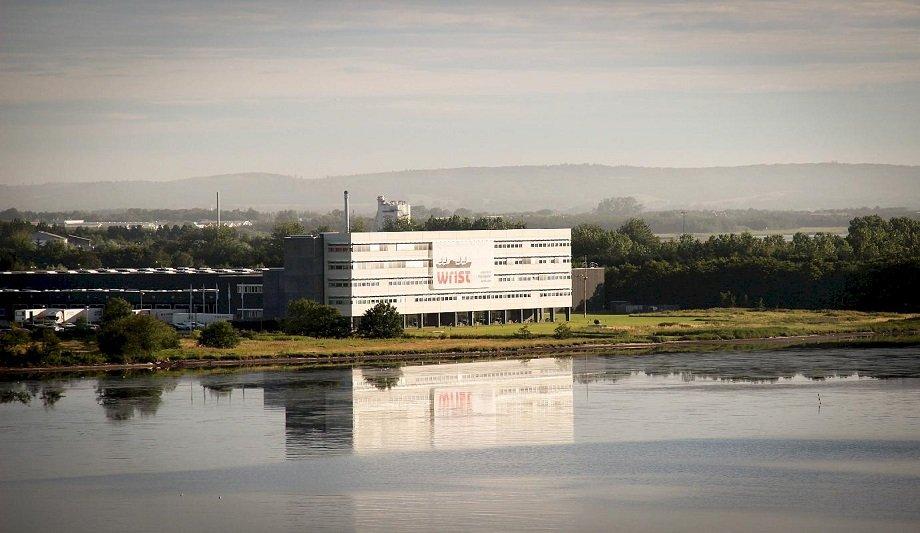Wrist increased operating profit from its core business in 2020, but posted slightly reduced revenue at the Group level due to lower activity levels in other business areas on account of COVID-19.
Following the implementation of Customer and Operational Excellence programs and the launch of an ambitious digital strategy, the Group successfully consolidated its position as the world’s largest supplier of provisions and stores to ships and offshore locations.
Cost savings
Despite the negative market developments, Wrist succeeded in increasing business volumes in the ship supplies segment and improving the underlying operating profit.
However, demand for provisions to the offshore oil and gas segment, cruise vessels, and remote tourist destinations saw a significant downturn. Margins consequently came under pressure, while enhanced cost savings remained top of mind for many customers in 2020.
Cost control, customer excellence
Our strict cost control, customer excellence, and digital solutions comply with the needs of our customers"
“As a trusted business partner, we support our customers in their efforts to achieve cost savings, especially during times like these where market conditions are difficult for certain segments."
"This calls for the development of our assortment, strict cost control, customer excellence, and digital solutions to comply with the needs of our customers while increasing our earnings,” says Jens Holger Nielsen, Group CEO of the Wrist Group.
Optimised procurement strategy
In 2020, Wrist generated revenue of DKK 4.4bn, down 6.4% from 2019. Operating profit was down DKK 20m compared to the previous year, and Wrist estimates that COVID-19 impacted operating profit negatively by more than DKK 25m.
Despite the challenging market conditions, the gross profit margin was increased to 27.1% against 26.4% the previous year as the result of an optimised procurement strategy and differentiated pricing.
Digital strategy
Compared to 2019, operating profit was also negatively affected by special costs of DKK 26m partly due to the reorganization of activities in Aberdeen (Scotland), Oakland (US), and Séte (France) aimed at streamlining the operating model and optimising customer service, and partly due to the transfer of Garret's business units, the costs associated with implementing the strategy, and the launch of an ambitious digital strategy.
A like-for-like comparison of EBITA 2019 and 2020 reveals an increase of 19% or DKK 31m. The Group’s equity stood at DKK 827m at the end of 2020, while debt inclusive of lease obligations was reduced to DKK 666m against DKK 814m the previous year.
Enhanced customer service
The execution of the Group’s strategy intensified further in 2020 with the launch of an ambitious digital strategy
Investments in recent years in the development of IT platforms enabled the Group to maintain its high customer service levels during the pandemic even though many employees had to work from home.
The costs and consequences associated with the integration of Klevenberg in Rotterdam, acquired in 2018, continued to impact results in 2020. However, customer service is back at the same high pre-acquisition level, and for the organisation is ahead of the plan for improving operating profits. The execution of the Group’s strategy intensified further in 2020 with the launch of an ambitious digital strategy, the aim being to increase profitable growth and stay one step ahead of the increasing demand for sustainable and digital solutions.
Climate-friendly and customised solutions
“We remain committed to digitalising and strengthening our customer offerings, extending our assortment of sustainable products, and developing our operating model."
"This enables us to provide our customers with even more climate-friendly and customised solutions at lower prices as well as fast and efficient ordering, delivery, and payment options. Following substantial double-digit million USD investment in digital customer solutions, Wrist is in a strong position to continue leading the industry consolidation,” says Jens Holger Nielsen.
